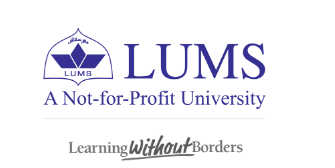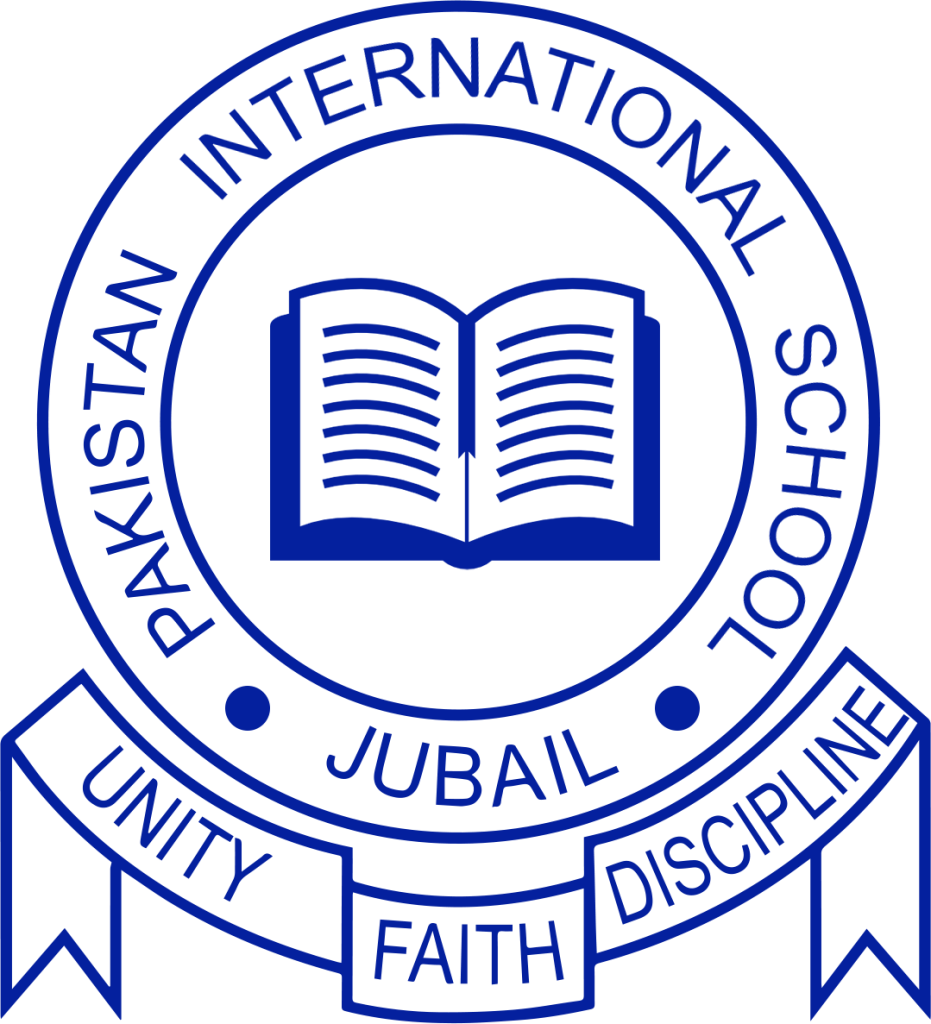Home / Teaching and Learning Policies
Teaching and Learning Policies









Salient Features of SNC
Executive Summary:
PISJubail is licensed and committed to teaching SNC based approved course of studies from KG to Grade 8, and from Grades 9-12 FBISE (SSC & HSSC) Board Examinations. The expatriate community of Pakistanis in Jubail is aspiring as well as all stakeholders of the PISJubail to offer a parallel British curriculum from CAIE Cambridge Assessment International for IGCSE O and A Level.
Curriculum Overview
1. The SNC is standards, benchmarks and outcomes based across all subjects as compared to the 2006 curriculum in which standards benchmarks and learning outcomes were not developed for each subject curriculum.
2. In 2006, the subject of Islamiat was integrated with General Knowledge up to grade 2 and started as a separate subject from Grade 3 onwards. In the SNC Islamiat starts from grade 1 as a separate subject up to grade 12.
3. Previously the subject of Ethics was designated for non-Muslim students in lieu of Islamiat from Grade 3 onwards. Now a new subject Religious Education has been introduced for non-Muslim students from grade 1 onwards for five minority groups of Pakistan.
4. The content of the SNC for Maths and Science has been aligned to the TIMSS content framework.
5. The content is aligned to the international commitments like SDG 4.
6. The SNC focusses on equipping learners with principles and attributes such as truthfulness, honesty, tolerance, respect, peaceful coexistence, environmental awareness & care, democracy, human rights, sustainable development, global citizenship, personal care, and safety.
7. SNC focusses on development of analytical, critical, and creative thinking through a more activities-based approach rather than static teacher centric learning.
8. The use of ICT is integrated in the curriculum for the first time.
9. The 2006 curriculum was implemented only in government schools and some low-cost private schools. The SNC will be implemented across the board in all schools of Pakistan including government and private schools and Deeni Madaris.
Subject-Wise Salient Features
Early Childhood Care and Education (Pre-I)
1. The ECCE curriculum has been revised keeping in view the local culture and environment alongside modern/innovative trends in ECCE and national & international commitments (SDG 4)
2. Basic learning areas include:
3. personal and social development
4. language & literacy
5. basic mathematical concepts
6. world around us
7. physical development (newly added)
8. health, hygiene & safety
9. creative arts
10. Holistic development of a child through emphasis on knowledge, skills, and positive attitude
11. Personality development through practice of patience, tolerance, empathy, and citizenship.
12. Respecting diversity of gender, religion, colour, cast, creed, and people with special needs.
13. Competencies on child security and safety and link to technology.
14. Integration of 21st century skills
15. Guidelines for teachers, materials developers, and administrators
16. Suggestions on ECCE materials, conducive environment, and assessment
General Knowledge for Grade 1 – 3 (General Science and Social Studies)
1. Integration of basic concepts of Science and Social Studies to serve as a bridge between Grade Pre-I to Grade 4.
2. Fosters lifelong learning through development of inquiry and independent learning skills.
3. Life-Skills including child protection.
4. Includes activities for students to improve learning.
5. Increased emphasis on positive attitudes for holistic development of students
English Grade 1 – 5
1. English to be taught as a language rather than subject.
2. Higher focus than before on the communicative competence of the language (listening and speaking)
3. Addition of interactive and collaborative pedagogical strategies
4. Guidelines for assessment along with scoring rubrics/marking schemes have been included for all four language skills including listening and speaking which was not included in curriculum 2006.
5. Many new themes added to guide the content development such as SDG-4, Gender Equality, LSBE and Inclusivity, Diversity of Cultures, Personal Safety, Health, and Hygiene
Urdu Grade 1 – 5
1. Focus on development of language skills and competencies.
2. Competencies of ‘speech’, ‘creative writing’ and ‘aesthetic sense’ have been added.
3. Integration of themes like patriotism, citizenship, promotion of social cohesion
4. Creation of links between language learning and other subjects
5. Promotion of diversity of culture and languages especially regional languages of Pakistan
6. Understanding and application of critical media literacy
Islamiat Grade 1 - 5
1. Islamiat is now a separate subject from grade 1 onwards.
2. Curriculum was revised by both the representatives of the Federating units as well as representatives of Ittehad Tanzimat-e- Madaris Pakistan.
3. There were no competencies, standards and SLOs in the previous curriculum 2006. Now, these have been added in the SNC along with their definition.
4. Outcomes based and activity-based curriculum. From passive to active learning
5. According to “Compulsory Teaching of the Holy Quran Act 2017” the SLOs have been added.
6. In addition to Nazra Quran, a framework for reading of 200 Ahadith from I-XII has been added.
7. In addition to Hifz of Surahs, framework of hifz 40 Ahadith from I-VIII has been added.
8. Addition of two strands; “Husn-e-Muamlat o Muashrat” and “Islami Taleemat aur Dour-e-Hazir ke Taqazay”
9. For primary classes, SLOs have been developed keeping in view higher order thinking.
10. Instructions for teachers, textbook authors and assessment experts have been added.
Mathematics Grade 1 – 5
1. Gradual progression in teaching approach from grade 1 – 5 – concrete – pictorial – abstract
2. Focus on developing solid conceptual foundation based on logical reasoning.
3. Responds to SDG 4 goals such as communication, collaboration, and independent learning.
4. Emphasis on linking Maths with real life situations through examples and number stories.
5. Several suggested activities for each content area to promote learning.
6. Integration of ICT through web links and students-based tasks
7. Alignment with Trends in International Mathematics and Science Study (TIMSS) for the best teaching and assessment practices.
General Science Grade 4 - 5
1. Realignment in view of latest global trends and practices in science education
2. Addition of Technology based content as separate chapters.
3. Integration of themes such as conservation, bioethics, scientific responsibilities & care for the environment and all living beings
4. Promotion of inquiry-based learning
5. Integration of ICT into the curriculum through web links and project work
6. Integration of STEAM as a cross cutting strand
Social Studies Grade 4 – 5
1. Organization of the curriculum in 6 strands including Citizenship, History, Government, Economics, Culture and Geography
2. Inclusion of national, global, and digital citizenship education including rights and responsibilities
3. New themes include local government, ancient civilizations, agriculture, entrepreneurship, anti-corruption.
4. Focus on democracy, patriotism, and importance of rule of law.
5. Holistic development of students through integration of peaceful coexistence, acceptance, respect, and appreciation of diversity
History Geography and Saudi Culture
1. Is taught according to article 13 of the MOE-KSA for the community schools in the Kingdom of Saudi Arabia


